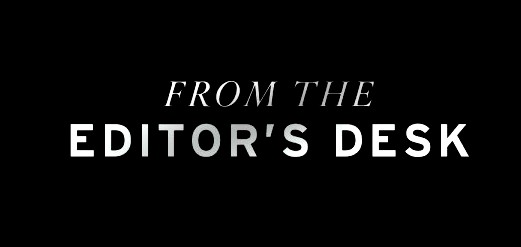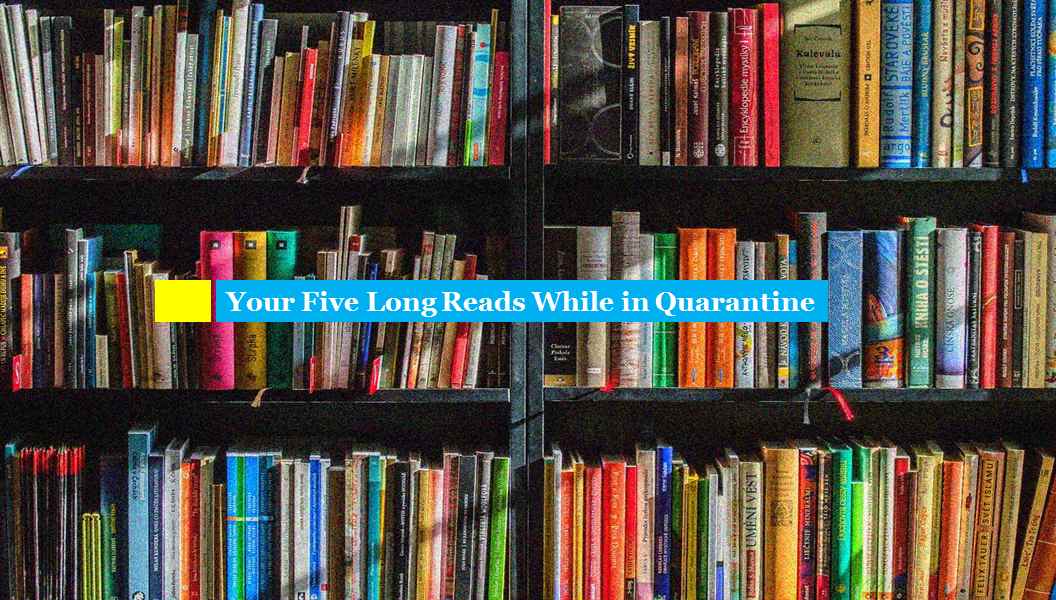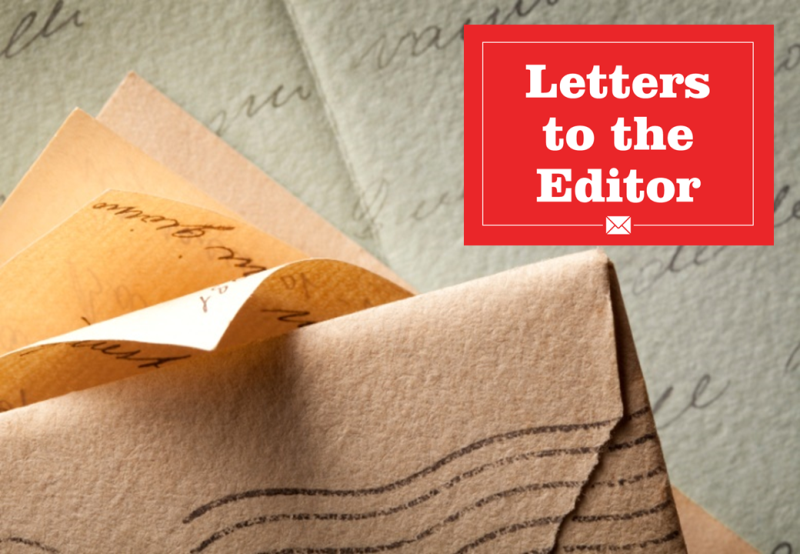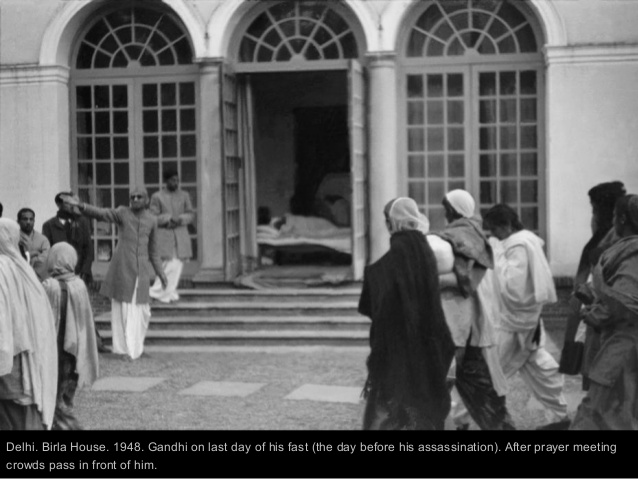It is obvious that the existing system has categorized education into various fragments- elite schools for the children of the affluent and poor quality government schools for the rest. The grim reality is that this system is reproducing inequality in society by offering varied life chances to people based on their economic privileges. We are aware of the pathetic condition of government schools. Its infrastructural backwardness, lack of capable pedagogues and its overall exclusion from the mainstream; these factors are collectively responsible for the growth of private schools in India. In fact, we can observe a very unique phenomenon in our times, the way the growing middle class sees it as a symbol of status to have their children educated in the private schools with exorbitant fees and lavish infrastructure. It is paradoxical how quality education is equated with lavish facilities and how the core of education which is quality intervention in terms of teaching is easily neglected even in many private institutions. Our idea of schooling is primarily based upon the western conceptualization of what it means to be educated. The kind of school that we are seeing around us is a typically ‘modern’ institution. It trains children for the new age and equips them with techno-scientific knowledge. It produces experts/professionals to suit the existing society. From our educational goals and policies to the nature of the curriculum—all are based upon a very rational, modernist and profession-oriented understanding of education. However, what must be asserted is that this preoccupation with modern technologies and the restless need to equate knowledge with mere accumulation of facts can’t be allowed to deprive the younger generations of the roots of Indian tradition and culture. It is paradoxical that in imitating the western model we have only debunked the indigenous education and our own sense of history, and these have never been allowed to enrich our modern notions of education. This consumption oriented education has not only denied the indigenous models of education but has played a tremendous role in reproducing an unequal society. Government schools are clearly underprivileged in this sense because of their weak infrastructure and lack of important facilities ranging from the unavailability of teachers to absence of clean drinking water. This strange situation lays the seeds for the perpetuation of class war and a never ending tension ridden relationship between those who possess and those who are deprived. This issue of differential access to education resulting in unequal and unfair life chances of people based on economic privilege and social status has so far only created hierarchical interactions between people. This issue of The New Leam looks at this particular crisis in the domain of education and raises many questions about inclusion, exclusion, deprivation and a more comprehensive understanding of education that is deeply interconnected to the holistic being of the child. We wish that our readers will enjoy reading the issue and share their reflections with us at thenewleam@gmail.com. We will wait to hear from you.
– Vikash Sharma












